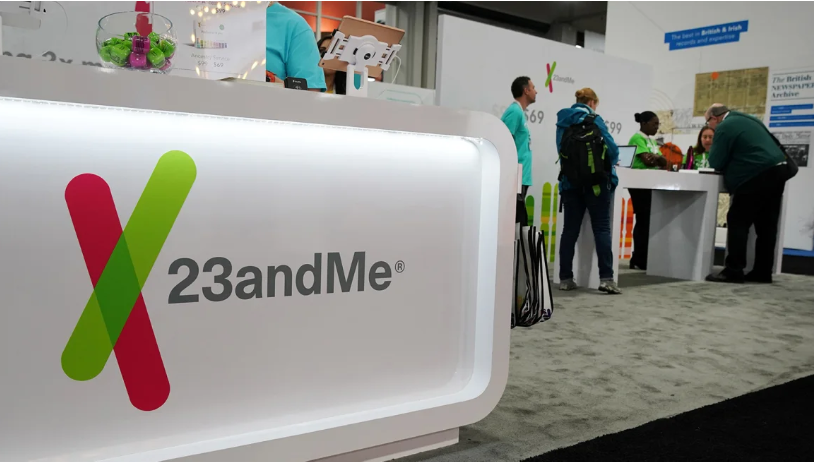Biotech company 23andMe recently filed for Chapter 11 bankruptcy as the CEO, Anne Wojcicki, resigned.
Wojcicki founded the San Francisco based genetic testing company 20 years ago, and it has now expanded into health and drug research. Recently it has struggled to pay the bills, and has amassed significant debt that it now wishes to ease by selling “substantially all of its assets.”
Wojcicki resigned after her bid to take the company private was shot down by a board committee.
23andMe’s business model has remained unprofitable since it went public in 2021, and it has had data security issues after a data breach in 2023 that put the genetic information of millions of their customers at risk. This prompted privacy concerns among the general public.
The 23andMe business model relied on the constant sale of their DNA testing kits that allowed people to view their ancestry.
In November of last year, 23andMe made the surprise decision to lay off 40% of its staff, and the board had indicated that they were thinking about a possible sale.
Although 23andMe’s assets were worth more, their debts still amounted to $214.7 million at the end of 2024. This Chapter 11 filing puts them in bankruptcy protection and under the eye of the court, to help them reorganize and find a new owner for the company, as well as downsize their real estate holdings and resolve legal issues. Mark Jensen, the chair of the 23andMe board, said that a Chapter 11 bankruptcy protection is “the best path forward” for the company.
23andMe isn’t just struggling with financial issues. Litigation followed their 2023 data breach, and they eventually paid out $30 million to the affected customers. The company has had a somewhat turbulent relationship with data privacy in recent years that has resurfaced after the bankruptcy filing. Jensen asserts that the company is “committed to continuing safeguarding customer data” and stresses the importance of data privacy when considering a sale.
This stands in stark contrast to California Attorney General Rob Bonta’s warning for 23andMe customers, informing the state populace of their right to have their genetic data held by the company destroyed as per state law.
With this filing, the future of the company and its troves of genetic information will remain uncertain as the company begins Chapter 11 and attempts to restructure and come out the other side in the green.


















